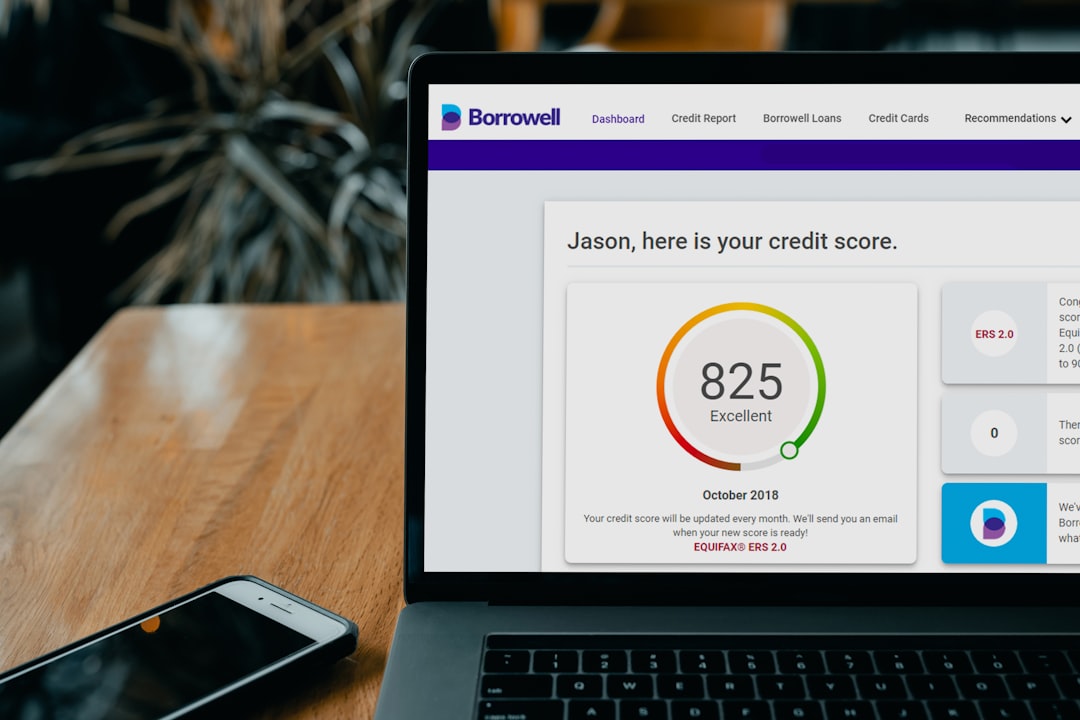The Biden administration has formally proposed a new plan for student loan forgiveness to assist millions of borrowers. The plan was created after the U.S. Supreme Court invalidated President Biden’s initial wide-scale loan cancellation effort. It is designed to target and adhere to the regulatory process more. This development has led to some top student loan stocks to buy.
Borrowers of any income level could receive up to $20,000 in cancellation for the unpaid interest portion of their debt. Thus, significant relief from their loans could improve borrowers’ financial health. This could positively affect the performance of these student loan stocks. These companies could be attractive to borrowers who have had a portion of their loans forgiven and wish to manage their reduced debt load.
So, with this backdrop in mind, here are three of the best student loan stocks for investors to consider adding to their watch list in April.
SoFi Technologies (SOFI)
SoFi Technologies (NASDAQ:SOFI) is significantly engaged in the student loan sector. Refinancing options are a core part of its business model. For 2024, SOFI projects GAAP net income to be $95 million to $105 million.
As Investorplace’s Larry Ramer outlined last October, SOFI’s student loan segment has shown significant growth, especially following the end of the student loan moratorium, which reinvigorated loan repayments.
This resumption of student loan payments led to a substantial increase in SOFI’s revenues from this segment, as evidenced by a 101% year-over-year rise in the value of the company’s student loans to $919 million in the third quarter of 2023.
Note that SOFI loans and other student loan stocks are private and not federal. Thus, Biden’s plans are not expected to affect them directly.
However, the effect could be indirect instead. A large number of students are significantly more deleveraged and can take on more debt in the future from companies like SOFI.
Synchrony Financial (SYF)
Synchrony Financial (NYSE:SYF) specializes in consumer financial services, including a wide range of credit products such as private label credit cards, dual cards and installment loans. The company partners with major retailers, often providing young consumers with financing options for significant purchases like electronics, furniture and healthcare.
Since my thesis is about the indirect effect of federal loan forgiveness, namely that younger generations will have more disposable income, SYF is a strong pick to capitalize on this leftover credit vacuum.
SYF demonstrated strong financial performance, reporting Q4 net earnings of $440 million and a total net income of $2.2 billion. The company saw significant growth in purchase volumes, which hit a record $185 billion. For 2024, SYF has set optimistic projections with expected loan receivables growth of 6% to 8%. Net interest income between $17.5 billion and $18.5 billion is projected.
Upstart Holdings (UPST)
Upstart Holdings (NASDAQ:UPST) uses sophisticated AI models to assess applicants’ creditworthiness. Borrowers whom traditional credit scoring methods might overlook are often approved.
The single-income cut-off limit of $120,000 per year aligns closely with UPST’s business model. Upstart’s model is particularly appealing to younger borrowers without extensive credit histories but stable incomes. This makes them potentially good candidates for personal loans and credit products.
With the average student loan payment of around $500, companies like UPST are positioned to fill that gap. Especially since its main competitive position is to play a matchmaker between consumers without extensive credit, such as recent former students.
Analysts are also bullish on UPST for the foreseeable future, with substantial EPS and revenue forecasts on the cards. This makes this company one of those student loan stocks for investors to consider.
On the date of publication, Matthew Farley did not have (either directly or indirectly) any positions in the securities mentioned in this article. The opinions expressed are those of the writer, subject to the InvestorPlace.com Publishing Guidelines.
